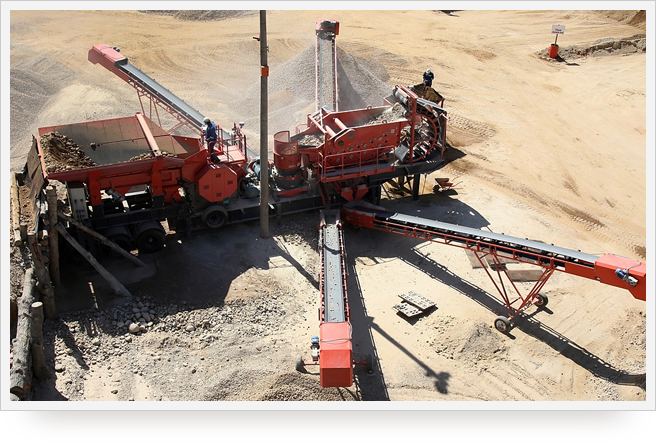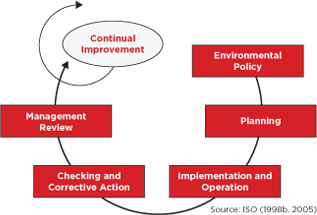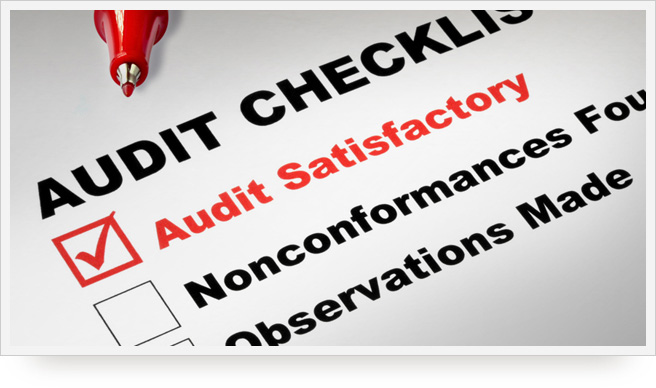

Obtaining environmental permits is only the first step in regulatory compliance. Environmental regulations and permits commonly have provisions for routine monitoring, testing, maintenance, record keeping, and reporting. It is important to have someone managing compliance with each governing permit to ensure these conditions are being maintained.
Environmental Management Systems

Maintaining compliance requires some systematic method of monitoring, tracking, and reporting all necessary environmental information. The experience of managing environmental compliance has resulted in the development of formal methods referred to as an environmental management system (EMS). An EMS is based on a general protocol for environmental management or a system that is commonly developed within specific industries. For some businesses, it makes sense to develop a formal EMS to not only monitor but constantly improve on regulatory compliance. In a nutshell, an EMS is a company policy for a comprehensive and systematic approach to maintain compliance, commonly referred to as the plan-do-check-act model. An EMS will incorporate all levels of an organization’s management, including executive level management. An effective EMS will constantly be looking for compliance issues to identify ways to improve the compliance management system.
Prevention Planning
Many states have pollution prevention requirements which impose on generators of hazardous waste the obligation to develop pollution prevention plans with the intent of reducing hazardous waste quantities. A pollution prevention plan incorporates many of the elements of an EMS, but is more focused on product evaluation, process design, and operational practices to reduce the generation of hazardous waste.

Environmental Audits
Occasionally an environmental compliance audit is warranted to evaluate compliance either to specific environmental programs or a more comprehensive multimedia audit (including air, water, waste, etc.).
It is desirable to have an environmental audit performed by a third party professional to maintain independent objectivity. The audit should consider both regulatory criteria and specific permit requirements for completeness. Arizona has enacted an environmental audit privilege that protects the confidentiality of audit findings, and the EPA has developed a special policy regarding environmental audits to reduce or eliminate penalties for violations discovered and disclosed through an audit process. These incentives promote responsible self-compliance through the audit process.
JGP Consulting provides professional services in maintaining compliance through regular and routing monitoring, testing, and the associated reporting. If identifying potential problems with compliance is an issue, JGP Consulting can provide your business with a third-party audit review. JGP Consulting will assist your business in developing an EMS or pollution prevention plan, if necessary.











